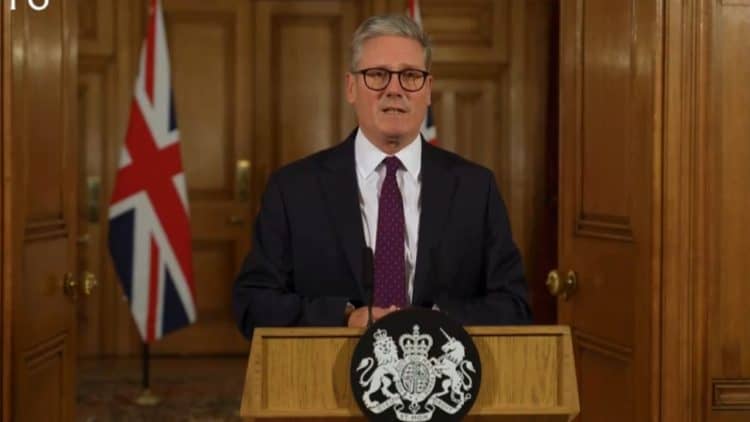The financial cost of Brexit continues to rise, with Treasury Minister Tulip Siddiq confirming that the UK has already paid £23.8 billion to the EU as part of its Brexit “divorce bill.” This figure is set to increase, with an additional £6.4 billion still owed to the EU.
The Brexit Financial Burden
Labour’s Tulip Siddiq outlined the total cost of leaving the EU in an interview with The Independent. She revealed that the UK has paid nearly £24 billion in its financial settlement with the EU, and the total cost will reach £30.2 billion once the remaining £6.4 billion is paid.
A government spokesperson emphasized that the government is working to reset its relationship with the EU, focusing on strengthening ties and tackling barriers to trade.
A ‘Black Hole’ in UK Finances
The news comes as the Chancellor faces a £22 billion shortfall in the UK’s finances. Ministers have been warned of “difficult decisions” involving cuts to spending, welfare, and taxes in the coming months.
Former Prime Minister Boris Johnson, who campaigned on “getting Brexit done,” secured a deal that has since faced criticism. Many argue the deal was rushed and has left the UK facing ongoing financial and economic challenges.
Calls for Closer Ties with Europe
While Prime Minister Keir Starmer has ruled out rejoining the EU, he has committed to “resetting relations” with the bloc. Starmer has faced pressure to publish the true cost of Brexit and assess the long-term damage caused by leaving the EU. He has also promised to explore closer cooperation with Europe.
Campaigners like SNP MP Stephen Gethins and Best for Britain’s Naomi Smith have called for more transparency on Brexit’s impact. Gethins described Brexit as a disaster for the UK economy, stating, “There is no path to growth outside the EU.”
Long-Term Economic Damage
A report by the Resolution Foundation highlighted the economic harm Brexit has caused, urging Starmer to focus on areas like trade and security. The think tank warned that minor policy changes won’t be enough to repair the damage to the UK’s economy caused by strained relations with the EU.
Deputy chief executive of the European Movement, Emma Knaggs, stressed the need for an independent inquiry into the full impact of Brexit on areas like the economy, cost of living, and public services.
Starmer has promised to work on building stronger ties with Europe, with negotiations set to continue later this year. However, critics argue that without significant changes to the UK’s stance on the single market and customs union, economic growth may remain stagnant.
You may also like: Labour moves forward with £1.3bn sickness benefit cuts, affecting 450,000 people







